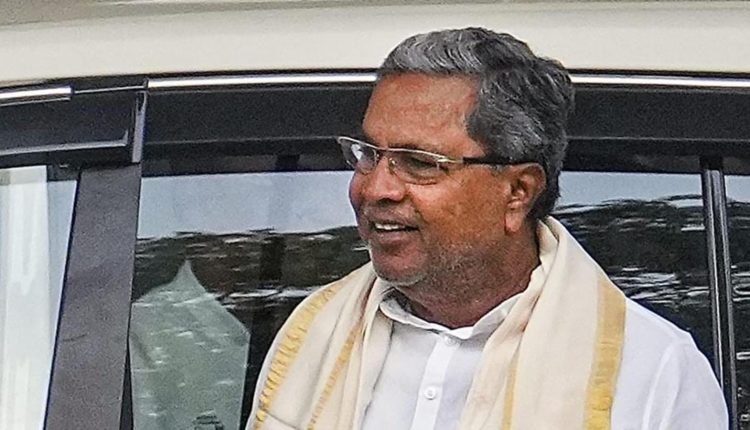The Karnataka cabinet on Thursday decided to roll back the anti–conversion law passed by erstwhile BJP government in September last year. The withdrawal of this controversial law was also mentioned in the Congress’ manifesto before assembly elections in the southern state.

READ | Siddaramaiah-led Karnataka government withdraws anti-conversion law
What is anti – conversion law?
The Protection of Right to Freedom of Religion Bill, 2021, popularly known anti-conversion bill was passed in Karnataka legislative council at September last year and it also received Governor’s assent. The Congress leaders then walked out of the house and called it as an unconstitutional law.
According to this (revoked) law, if anyone indulges in religious conversion of any individual will face a jail term of three to 10 years, with a fine of Rs. 50, 000. For mass religious conversions, a jail term of three to 10 years and a fine of Rs. 50, 000 will be applied.
This law also changed the rules, if one wanted to convert his/her religion without any influence. The person must submit a declaration to the District Magistrate (DM) at least 30 days in advance. The objections of others on the conversion can be communicated to the DM within the time frame and the DM can even order for an inquiry, based on objections.
The law also further allowed anyone to file a complaint on religious conversion that he/she is aware of.
The then BJP government said that they wanted to prohibit conversion by misrepresentation, force, allurement, fraudulent means or marriage.
Arrests after anti – conversion law in Karnataka
The first case under anti-conversion law in Karnataka was filed in October last year, when a 24-year-old Muslim man was arrested and remanded to judicial custody for allegedly converting a woman under the pretext of marrying her. An FIR was registered against the accused who allegedly took the woman to a neighboring state from Bengaluru and converted her religion.
Later in November, the Karnataka Police booked another man under the law for allegedly luring a girl of another religion in the Nagamangala town of Mandya district and harassing her for marriage. He was also booked under the Protection Of Children from Sexual Offences (POCSO) Act for allegedly taking objectionable pictures of the girl and harassing her for marriage.


